
Sustainability isn’t just a buzzword – it’s a way of life. And while professional cleaning may not be the first thing you think of when it comes to living sustainably, it plays an important role. By supporting the three pillars of sustainability—social, environmental, and economic—cleaning services help preserve resources, promote a balanced business model, and nurture a healthier human ecosystem. Here’s how you can be a part of that effort.
Sustainability and the Three Pillars
The origins of sustainability go back centuries. From pre-history, we were first set on the road to sustainability by the agricultural practices of indigenous peoples. With the arrival of the Industrial Revolution in the 19th century, progressive thinkers began to point out how mechanization, while highly profitable, could harm the human race. Then, in the wake of two world wars, survivors of chemical and machine-driven warfare returned home to a surge in mass-production. At this crossroads, society as a whole began to wrestle with the ways manufacturing was already threatening man and the planet.

That growing awareness led to America’s environmental initiatives of the 1950’s, 60’s and 70’s. The US government established NASA in 1958, in part to study the health of our Earth home. The Environmental Protection Agency took up the baton in 1970. Then, in 1987, the “three pillars of sustainability” idea appeared in a World Commission on Environment and Development. Thirty years later, this idea still shapes our consumerism. It also shines a bright light on the “Disposable Culture” we see around us, every day.
Thankfully, people are beginning understand that the world is a finite resource, where humans, materials and money are interdependent. Sustainability isn’t a bleeding heart campaign. It is a drive towards self-preservation. If we use up or destroy the means of living, we will destroy ourselves.
Whether or not they are aware of the “Three Pillars,” responsible business owners and consumers are joining the self-preservation team. Together, we are learning to support humanity’s collective quality of life even as we address a daunting list of environmental and economic challenges.
Professional Cleaning and Sustainability
So where does professional cleaning fit in this dialogue? Let’s start with the “Three Pillars of Sustainability” – the three categories of conservation that overlap to protect humanity and its resources. The pillars are named “social sustainability,” “environmental sustainability,” and “economic sustainability.” These elemental forces shape our businesses and our lives. And while they may feel too sweeping for any single company or person to impact, even incremental efforts to preserve and conserve have value.
Professional cleaning and other services that encourage maintenance over replacement are a big part of those efforts. Maybe you choose cleaning your carpet over tearing it out. Or you might opt to lengthen the life of your upholstery with an environmentally friendly protectant. It’s as simple as how a consumer allocates his or her household budget. Small-scale, intentional choices, including an investment in professional home maintenance, can support sustainability’s “three pillars.” Let us tell you how.
Pillar One: Social Sustainability
What does it mean to be “socially sustainable”? Essentially, this concept has to do with people’s quality of life. In a sustainable society, poverty and hunger do not exist. People enjoy good health and wellness, thorough education, equal rights and equal access to resources like clean water, air, affordable housing and social safety nets.
A socially sustainable culture prioritizes peace, justice, human welfare, community and the institutions that protect these values. It may sound pie-in-the-sky. But, unless a person is insulated from all the hardships of modern life by large sums of money, he or she likely agrees with the values of a sustainable society.
The good news is that our everyday spending – on things like home maintenance – can support social sustainability. It’s all about how the businesses that you patronize treat their clients, employees and any people who are part of their industry supply chain. Is your go-to cleaning company a franchise? We ask, because it matters. In the case of franchises, there is often a great deal of pressure on individual locations to maximize profit and cut costs to the detriment of the labor force. This is rarely the formula for a positive workplace culture.

In contrast, small, local businesses can tailor their pay and benefits to their team. These businesses often charge more for their services. But, in exchange for that cost, the public can be confident in that company’s performance and accountability.
When you choose local, your investment ensures that the employees who serve you are highly trained. Valued by their company, they tend to enjoy good benefits. They stay for longer tenures and bring that experience (and positive outlook) to every appointment. Hiring local means supporting social sustainability.
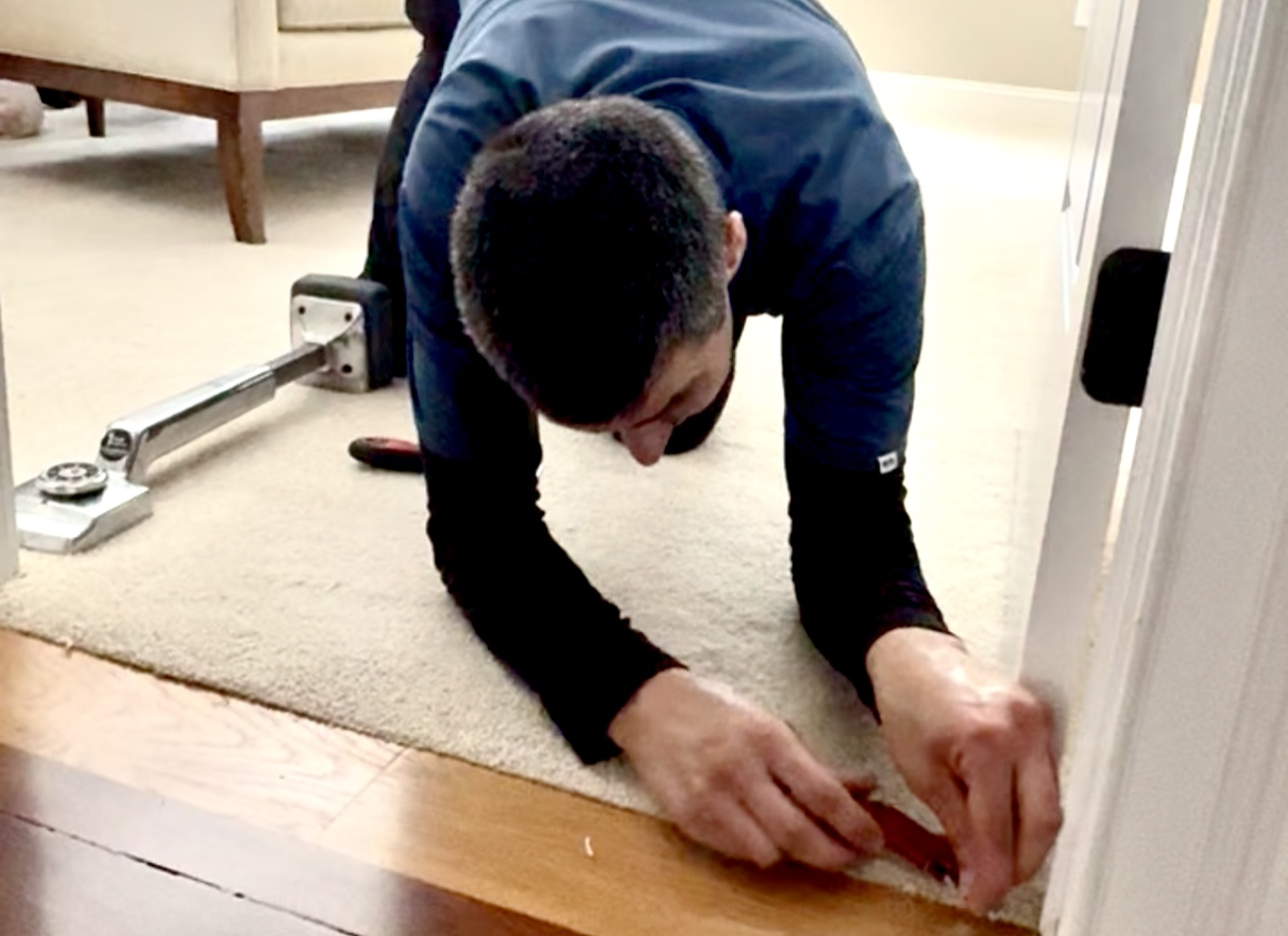
Pillar Two: Environmental Sustainability
Many variables impact environmental sustainability. Among these are responsible energy consumption, use of renewable raw materials, reduction of carbon footprints, respect for pollution regulations and minimal generation of waste. Granted, no business or human community can achieve a perfect score in all these areas. The key is to make steady progress towards ideal outcomes. That begins with mindfullness on all levels, from individual choices to corporate operations.
How is maintenance an element of environmental sustainability? It starts with a way of thinking about our world. A commitment to cleaning and protection is a commitment to keeping items longer, rather than disposing of and replacing them prematurely.

By sourcing quality products like domestically built furnishings and performance textiles, we invest in the future. In choosing vintage, pre-used or heirloom items (like rugs and other furnishings), we keep those items out of the landfill longer. The same goes for rescuing and restoring pre-existing flooring or cleaning and protecting a sofa, rug, or carpet. When we opt for re-use, quality and care, we can enjoy a household of furnishings that look new over time, at a much lower cost (both environmental and monetary) than a home full of new purchases.

Pillar Three: Economic Sustainability
What’s the old saying? Money makes the world go around. But when a company strikes a balance between a positive work culture, profitabilty and resource management, it goes a long way towards achieving economic sustainability.
Sometimes it requires 3rd-party intervention. Profit-driven motives must be offset by consumer protection legislation and the lobbying voices of non-profit watchdog organizations. The tools of taxation and incentivism, the stick and carrot, can and do shape corporate practices at the macrocosmic level. Not only that but, more and more, the court of public opinion has begun holding businesses to higher levels of accountability. Economic sustainability is now a branding issue for high-profile profiteers.
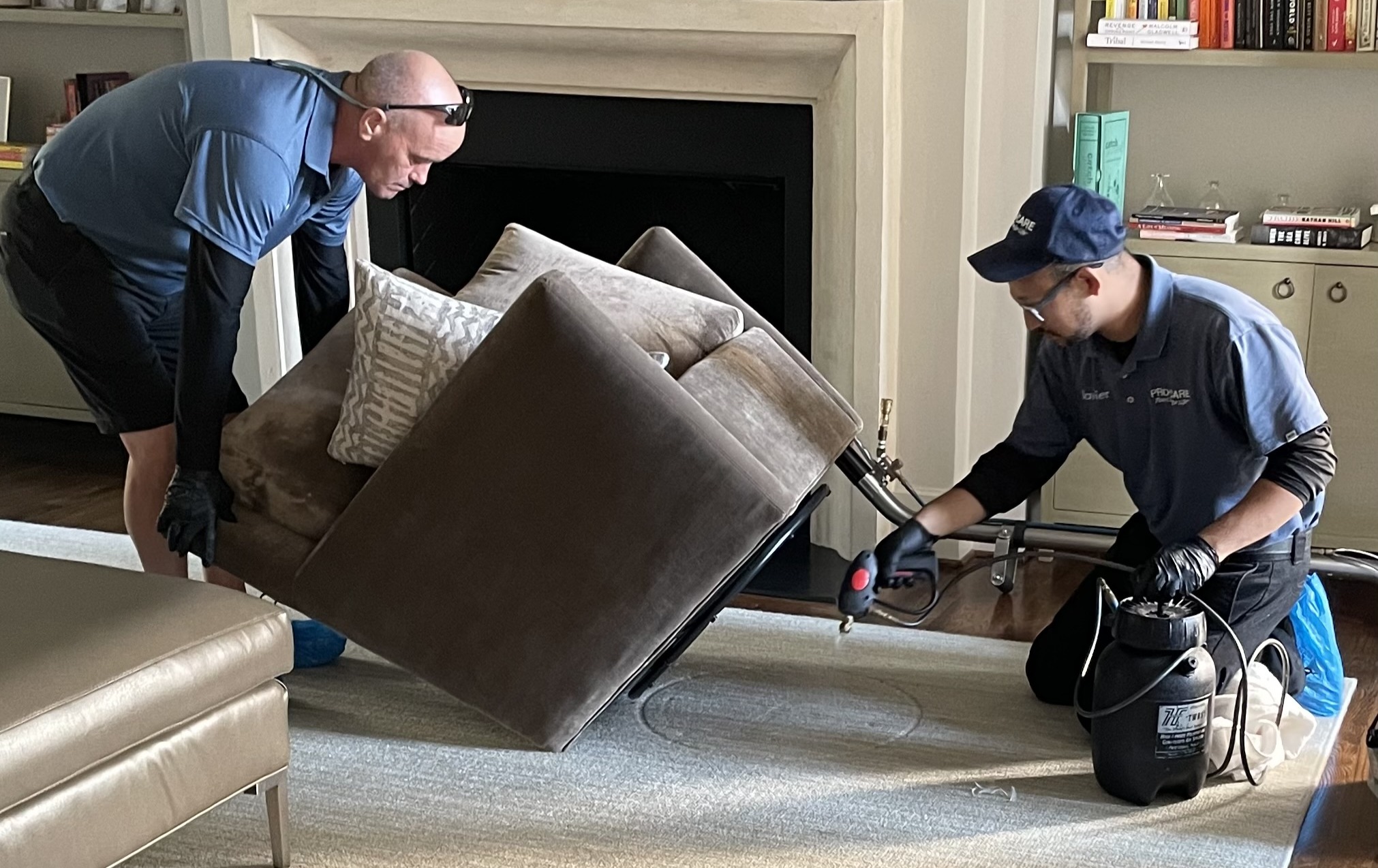 When it comes to small, local businesses, the biggest motivator for economic sustainability is often safeguarding the quality of life for our neighbors and loved ones. Local businesses are protective of and dependent upon their communities. These businesses buy and maintain their vehicles locally. They purchase their cleaning solutions, office supplies and equipment locally. They market locally – often by word of mouth and other low-impact methods. A local company’s carbon footprint is small, by virtue of the proximity of their operations.
When it comes to small, local businesses, the biggest motivator for economic sustainability is often safeguarding the quality of life for our neighbors and loved ones. Local businesses are protective of and dependent upon their communities. These businesses buy and maintain their vehicles locally. They purchase their cleaning solutions, office supplies and equipment locally. They market locally – often by word of mouth and other low-impact methods. A local company’s carbon footprint is small, by virtue of the proximity of their operations.
Local employees spend their paychecks locally. These same employees champion environmentally safe cleaning methods and products because they are exposed to them everyday. What is more, the owners and administrators of small businesses have a vested interest in treating their employees fairly. If they don’t, word is likely to get out. If they do, word will get out too.
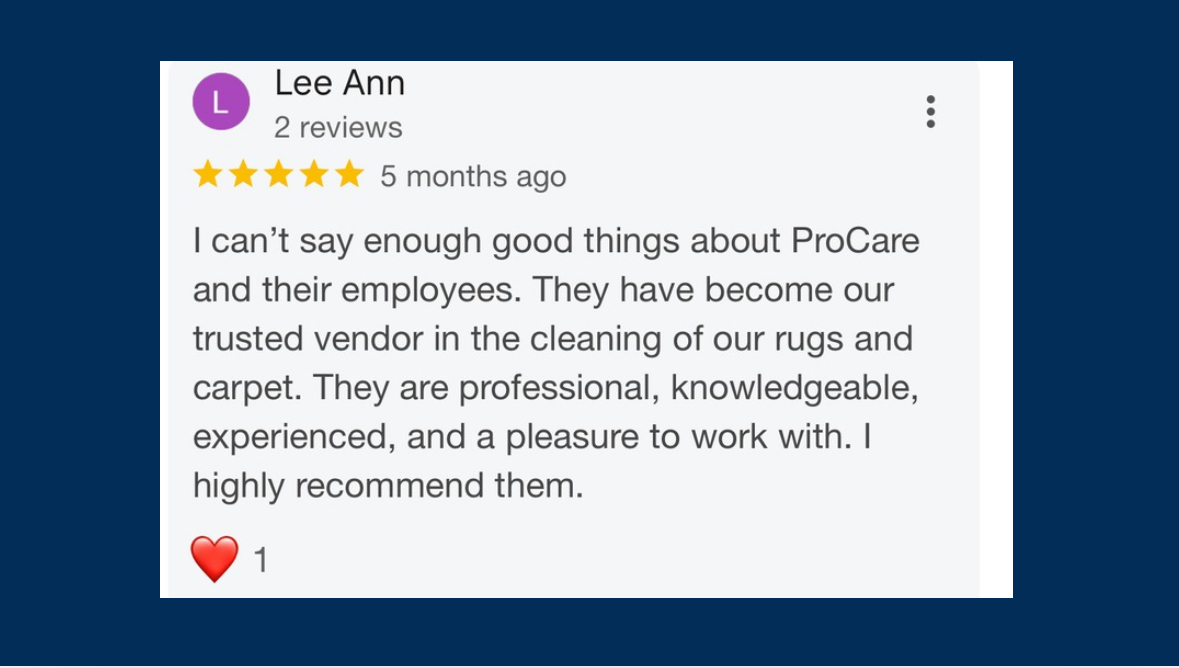
Positive online reviews and personal testimonials are often a reflection of a positive company culture. In short, local entrepreneurs, like the professional cleaning company down the street, contribute positively to the local job market, local economy, and raise the bar for the service industry in general.
How are the Pillars of Sustainability part of a “Circular Economy?”
The old linear production model – one that starts with resource extraction, encourages ownership of the means of production and ends with waste and disposal in landfills – is not sustainable. In contrast, the circular economic model opts for sharing and leasing products over owning them.
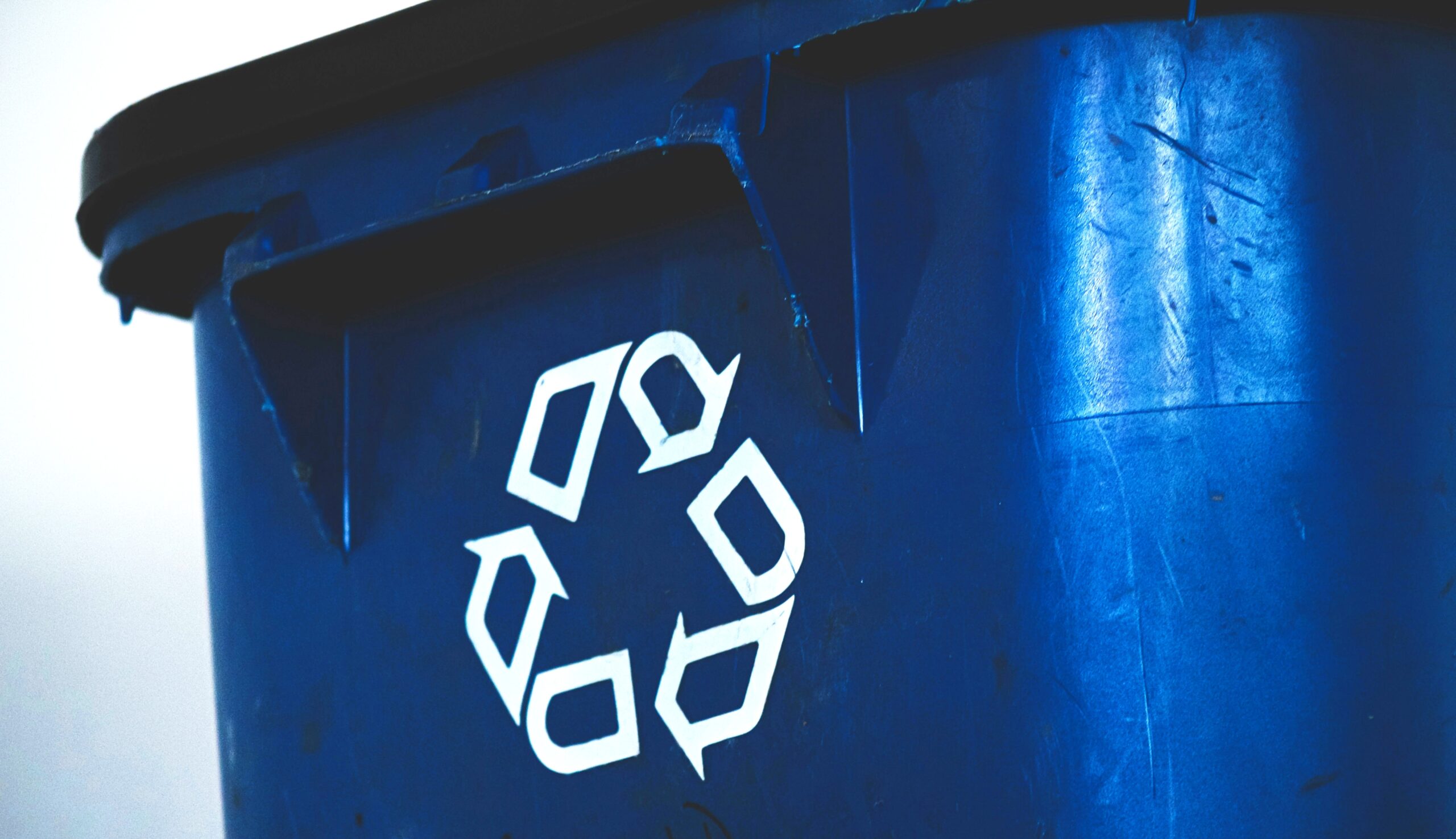
Economic sustainability is about intentionality and efficient design. The key is to choose products designed to last. Repairing those products, remanufacturing and refurbishing along the supply chain, all lead to conservation. With the right infrastructure, one product’s life can end where the next product’s life begins, not in the junkyard.
In a circular economy, the allocation of raw resources and labor is designed to be circular too. Human capital is highly valued and profit priorities are balanced with worker and consumer safety. While waste is unavoidable, in a circular economy, it can be reduced. Yes, in the short term, recycling can require greater use of resources in terms of energy, products and equipment. However, if done on a large enough scale, re-use can become cost effective.
Sustainability is not a theory. It is a way of life.
Here in Nashville and across the country, the choices we make every day impact our homes, our communities, and our environment. Sustainability is a survival strategy. Either we invest in that survival or ignore the urgency of it. Luckily, the Three Pillars give nations a framework by which to evaluate their sustainability efforts. The Pillars encourage populations to set “big-picture” goals and determine microcosmic actions that support those goals.
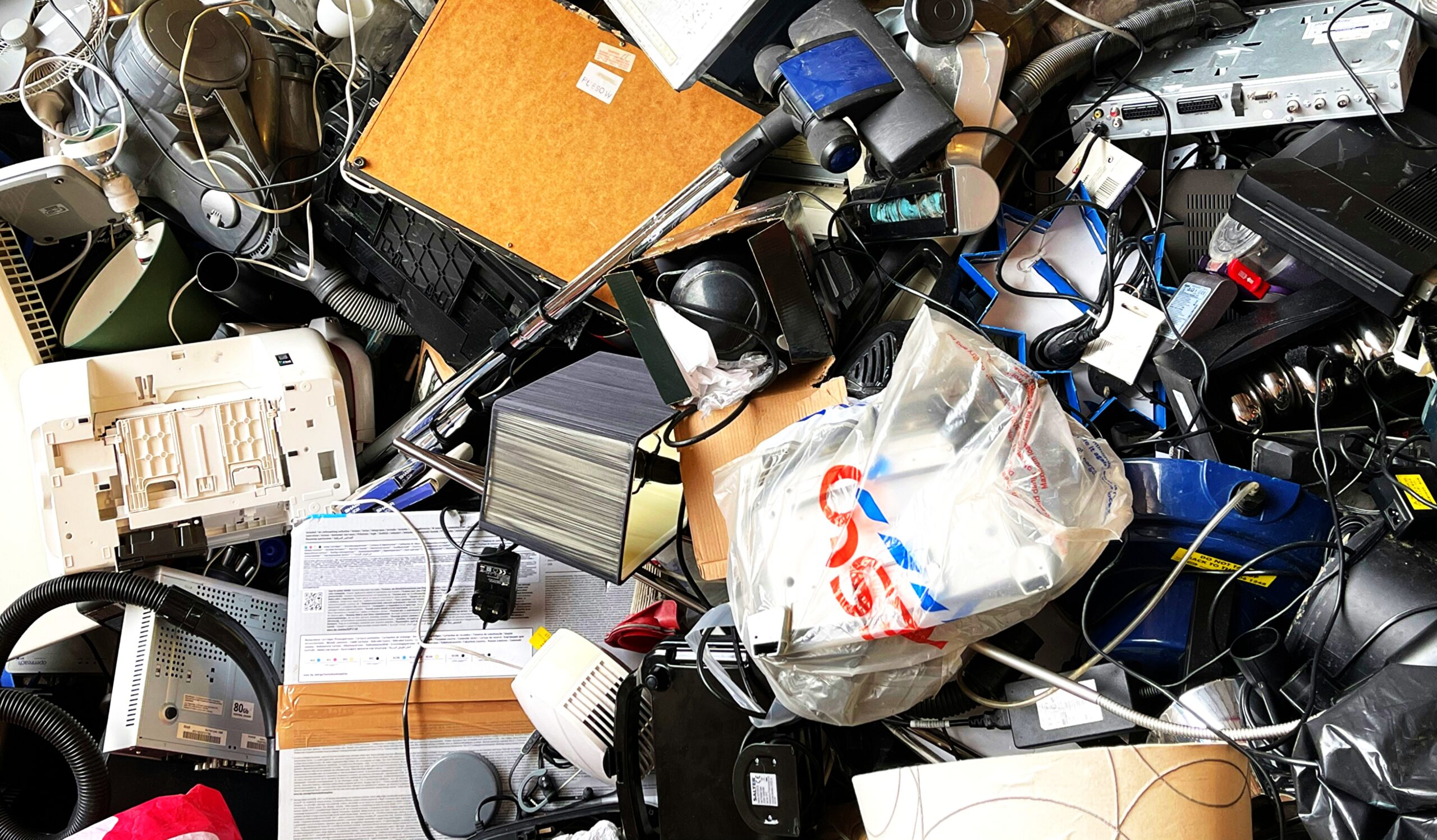
The old model is going the way of the dinosaurs. These days, regulations and bad press hold companies to a higher standard. When a big corporation chooses an irresponsible depletion of resources, when it puts profit over people or exhibits an insensitivity to environmental degradation, it gets called out.
With a sustainabiity mindset, local businesses (like professional cleaning companies) can opt to treat workers fairly. In turn, their long-term employees bring experience and efficiency to their work. Moreover, the local business model achieves a minimal carbon footprint. Free of large-scale corporate control, local entrepreneurs have the autonomy to manage their budgets and spend more on safer products and energy-conserving methods.
Even our household choices can support the three pillars. Think about the products and services a homeowner pays for. When it comes to the preservation of home and furnishings, prioritizing services like cleaning and protection (over replacement) is a way for individuals to make their dollars give back.
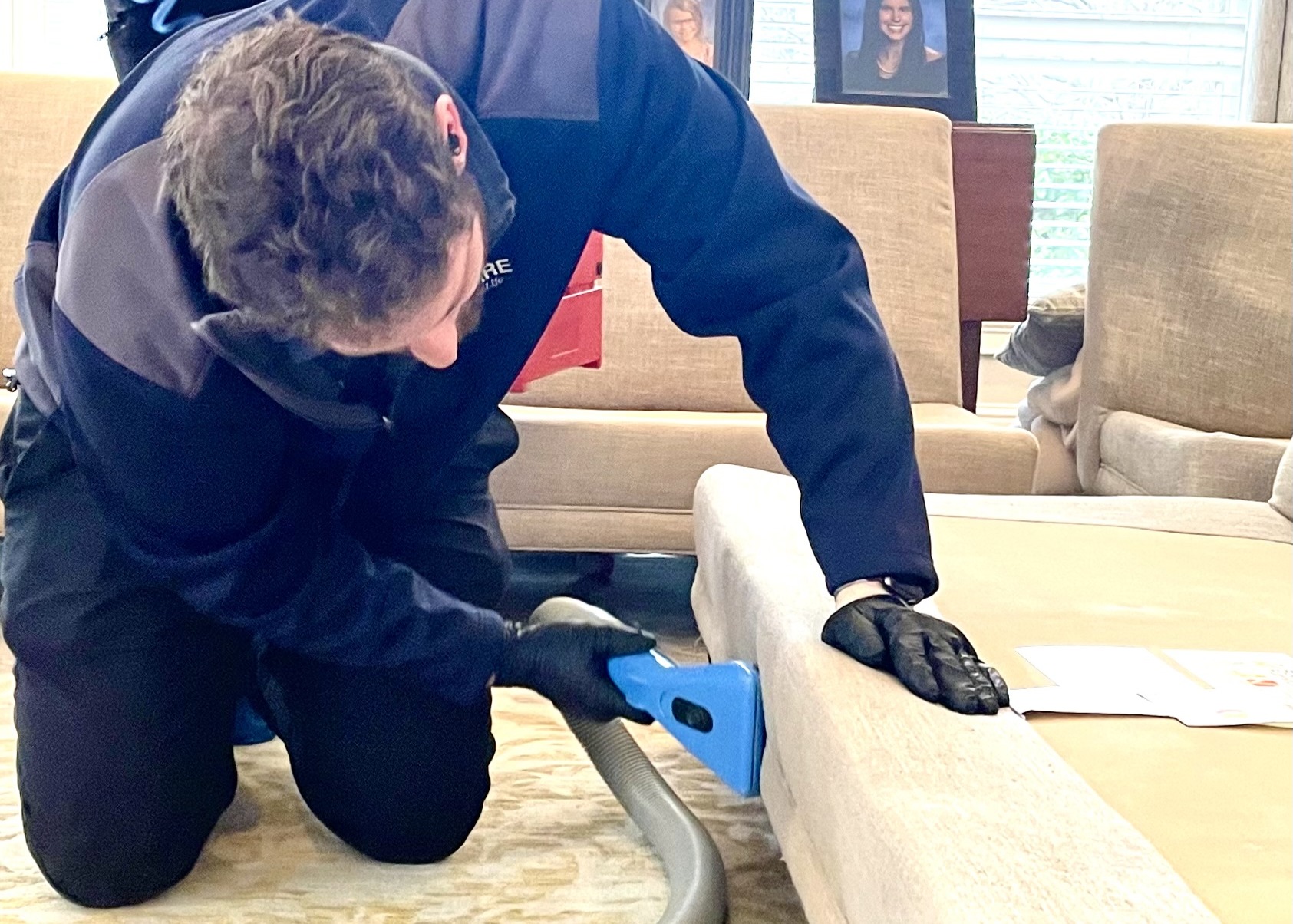
Consumers are at the heart of sustainability
We have a lot of power – as spenders, as users, as voices for social equity and environmental preservation. Recycling and re-using, choosing quality over disposability, supporting local – these are all sustainable practices.
We all want that happy ending and we have the ability to make it come true. Whether as an individual or as a business, we can make a difference for our planet and our posterity. We just have to do it one dollar, one decision, and one step at a time.


